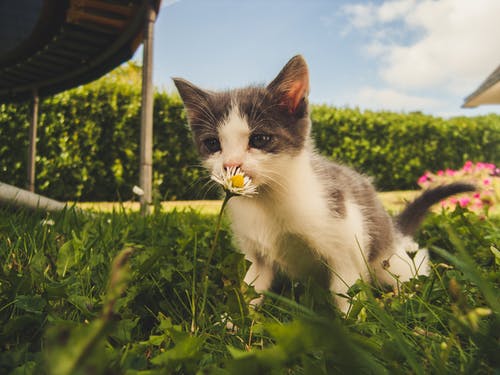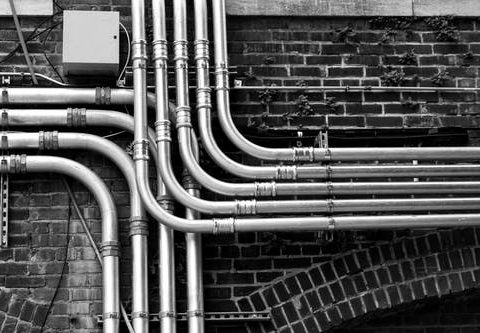When you think about your pet’s health, do you consider their oral hygiene? Just like humans, pets need regular dental care to ensure a healthy and happy life. Most pet owners do not realize the importance of regular dental checkups for their furry friends. That’s why today, we’re going to discuss why regular pet dental surgery is crucial for your pet’s health!
The Importance of Pet Dental Health
Pets, like us, can suffer from various dental problems, including plaque buildup, tartar, and gum disease. These issues can lead to bad breath and tooth loss, but more importantly, they can cause severe pain and impact your pet’s overall health. Did you know that untreated dental issues can result in bacteria in the mouth spreading to other organs, potentially leading to life-threatening complications? This is why maintaining good oral hygiene practices is essential for your pet’s health and well-being.
Regular Dental Checkups for Your Pet
So, how often should you take your pet to the vet for a dental checkup? Ideally, your pet should visit the vet annually for a thorough examination, including checking their teeth and gums. Some pets may require more frequent dental visits, particularly those with a history of dental issues or breeds prone to dental problems. During these visits, veterinarians will assess your pet’s oral health and recommend appropriate care and treatment options.
Pet Preventive Care
When it comes to your pet’s dental health, prevention is always better than cure. Establishing a regular dental-care routine and seeking professional advice can save you and your pet from more severe dental issues down the line. Various pet preventive care services, such as the ones offered by Thomasville Veterinary Hospital, can help protect your pet’s oral health and overall wellbeing. Preventive care may include dental cleanings, tooth extractions, and treatment for gum disease.
Vet Lab Services for Veterinary Dental Care
Veterinarians use modern diagnostic techniques and advanced equipment to evaluate your pet’s dental health and determine the best course of action. https://www.thomasvillevet.net/site/vet-services/preventive-care is an example of a veterinary clinic offering comprehensive dental care for pets, including dental radiology for better diagnosis and treatment planning. Vet labs are equipped with the latest technology and expertise to provide the best dental care for your pets.
Pet Dental Surgery: What to Expect
Depending on the severity of your pet’s dental issues, your veterinarian may recommend dental surgery. Dental surgery can include cleaning, scaling, tooth extractions, or periodontal treatment for gum disease. A dog dentist can perform these procedures in a safe and controlled environment, ensuring the best possible outcome for your pet. Here, we’ll discuss what to expect during pet dental surgery and how it can benefit your pet’s health.
Scaling and Cleaning
Scaling is a common pet dental procedure that involves removing plaque and tartar from your pet’s teeth. During the procedure, the veterinarian will use special tools to clean the teeth, remove built-up plaque and tartar, and polish the tooth surfaces. This not only helps maintain your pet’s oral health but can also prevent issues like bad breath and tooth decay.
Extractions
In some cases, your pet may need to have one or more teeth extracted due to severe decay or damage. Your veterinarian will remove the affected teeth to prevent further issues and pain. Following the procedure, the vet may recommend dietary changes and provide you with pain management advice to ensure your pet’s comfort during the healing process.
Periodontal Treatment
Periodontal treatment may be necessary for pets suffering from gum disease, which can result in tooth loss, bad breath, and other complications. The treatment involves cleaning the affected areas, removing any damaged tissue, and reshaping the gums to promote healing. This procedure is crucial for maintaining your pet’s oral health and preventing the progression of gum disease.
Post-Surgery Pet Dental Care
After your pet’s dental surgery, it is vital to follow your veterinarian’s advice and recommendations for their recovery. Providing your pet with a soft diet, administering any prescribed medications, and maintaining meticulous oral hygiene can ensure a swift and comfortable recovery. Remember to schedule follow-up appointments to monitor your pet’s progress and maintain their oral health in check.
To End
In conclusion, regular pet dental surgery plays a significant role in your pet’s overall health. As a responsible pet owner, it’s essential to prioritize preventive care, such as routine dental checkups, professional cleanings, and addressing dental issues promptly. With proper dental care, you can help ensure a happier and healthier life for your furry companion.







